7 Major UFO Questions That Need To Be Answered as Congress Weighs Cover-Up Allegations
Some members of the U.S. government have become "transfixed" by claims

Over the past few months, some members of the U.S. government have become “transfixed” by claims made by a whistleblower that the government has encountered alien beings and spacecraft and covered up their existence, Wired reported last week. The assertions of David Grusch, a former intelligence officer, have caught fire partly because this Congress has a number of members who believe in conspiracy theories, although members of both parties are skeptical and interested. The allegations are likely to be investigated soon, and these are seven major questions that need to be answered once Congress begins what is sure to be a complicated search for the truth.
1
How credible are Grusch’s claims, and will they be investigated by lawmakers from both parties?
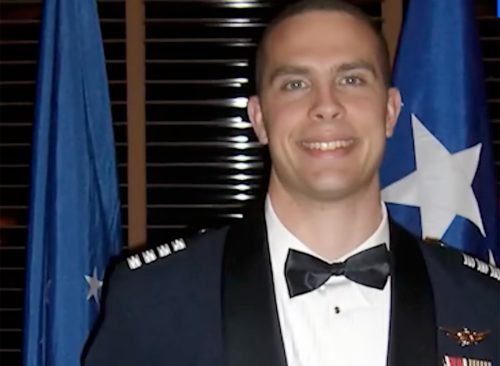
Grusch’s claims about so-called unidentified anomalous phenomena (or UAPs—NASA’s new name for UFOs) inspired much “derision and mockery” among lawmakers when they spread around Capitol Hill earlier this month, Wired reported. “I think it’s a little bit of madness and a whole lot of reality,” Rep. Tim Burchett, a Tennessee Republican, told Steve Bannon on his podcast. But some far-right members of the House, like Rep. Matt Gaetz, believe in UAPs. Not too many Democrats in the House have spoken up about them, but there is interest from some Democratic senators in investigating.
2
How transparent can any UAP investigation be?
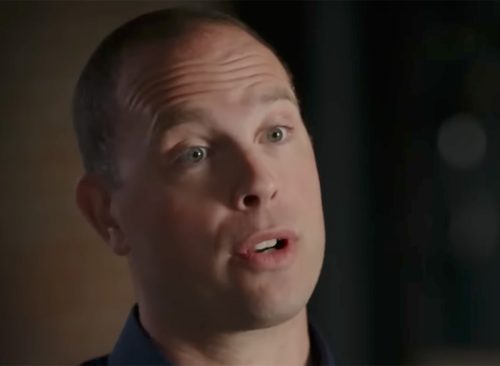
The investigation may prove difficult, because some—or much—of the pertinent information may turn out to be classified. “I’m not gonna be a part of it if it’s classified. That’s ridiculous,” said Burchett. “That’s just more of the same and creates more myths and rumors than it creates facts.”
3
How will Congress address the issue of unidentified aircraft and their connection to the “deep state”?
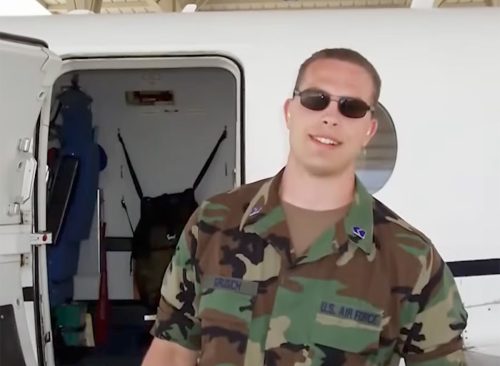
One of Grusch’s basic accusations is that the government has been hiding the existence of UAPs from Congress. Although Democrats have decried the notion of a “deep state” as a false conservative conspiracy theory, “senators are alarmed by accusations that the federal government is hiding Special Access Programs from Congress,” Wired reported. “We need to just look into whether there are rogue SAP programs that no one is providing oversight for,” Sen.Kirsten Gillibrand, a New York Democrat who led the Senate’s April UAP hearing, told the news outlet. “The goal for me will be to have a hearing on that at some point so that we can assess if these SAP’s actually exist.”
4
How will the current political climate affect the perception and handling of these claims in Congress?
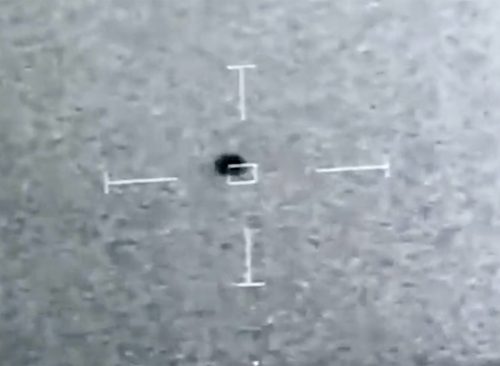
The current political climate is characterized by conspiracy theories and a distrust of institutions. How will a still-divided House and Senate avoid investigation and hearings descending into another polarized atmosphere? Congressional leaders might find it easier to avoid the circus altogether.
5
What’s up with the increased number of UAP/UFO sightings?
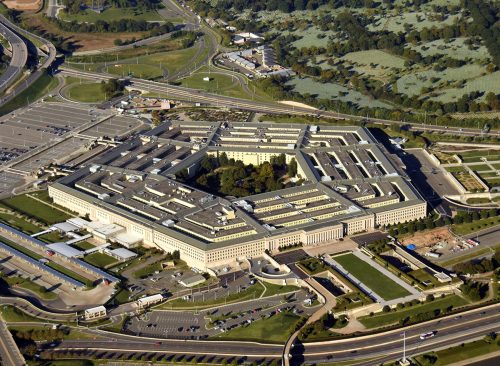
Last year, the Pentagon opened the All-Domain Anomaly Resolution Office (AARO), which is charged with collecting reports of UFOs. In a June 2021 report, the Office of the Director of National Intelligence disclosed 144 UAP sightings dating back 20 years. But the numbers have since been growing. Last August, AARO disclosed more than 500 reports of UAPs. By this April, there were about 650 cases. Last month, the Pentagon raised the number to about 800.
6
Who will take the lead in investigating?

Will the House Intelligence Committee or House Foreign Affairs Committee handle the investigation? Or their Senate counterparts? Or will it become a political hot potato and die from lack of interest and other priorities? “It’s a legitimate issue. On both sides, we just want to know if we’ve been seeing [UAPs] that are not man-made—is what the article said, but I don’t know,” Rep. Mike McCaul, a Texas Republican and chair of the House Foreign Affairs Committee, told Wired. He referred questions to the chair of the House Permanent Select Committee on Intelligence—who had nothing to say.
7
How does the Senate approach the issue of UAPs?
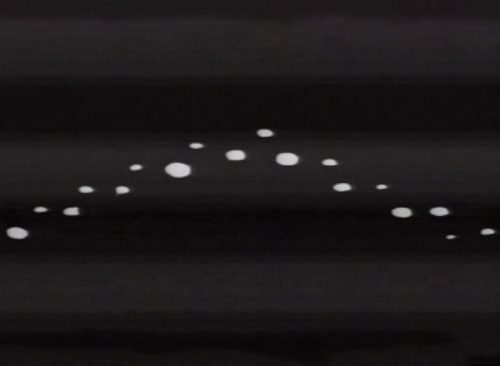
Sen. Martin Heinrich, a Democrat from New Mexico who serves on the Intelligence Committee, said he would generally “look skeptically at many of these reports,” but that they should be investigated. Sen. Kirsten Gillibrand, a Democrat from New York, sponsoring an amendment she hopes to attach to this year’s National Defense Authorization Act to mandate that no money can be spent on SAPs unless it’s been reported to Congress. “So if there are SAPs out there that are somehow outside of the normal chain of command and outside the normal appropriations process, they have to divulge that to Congress,” she told Wired. But some key players are silent: Sen. Mark Warner, chair of the Intelligence Committee, offered a quick “no comment” on his thoughts and plans.














